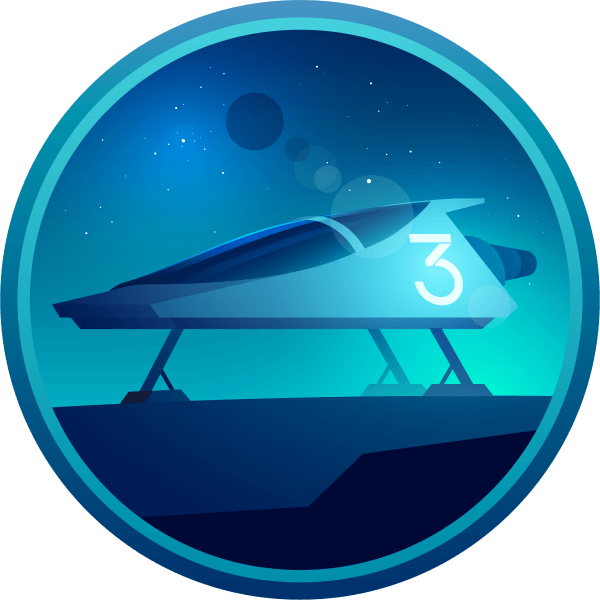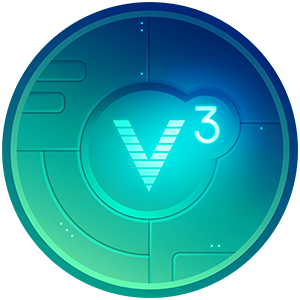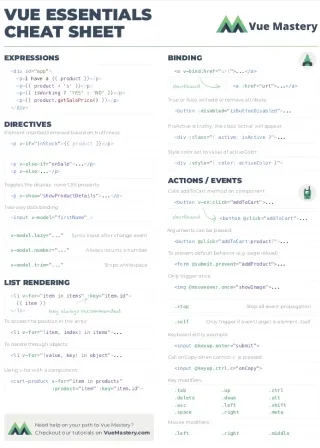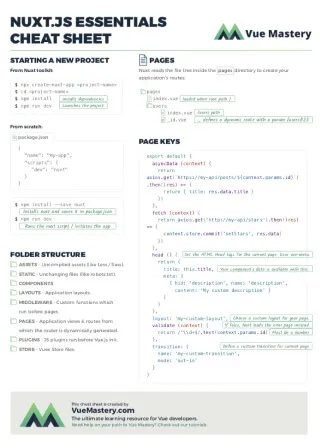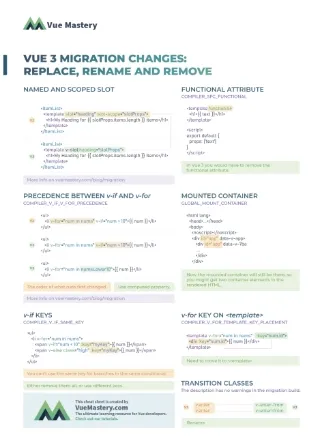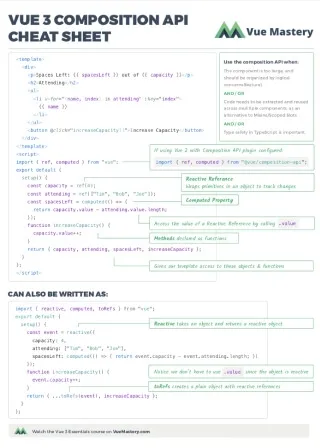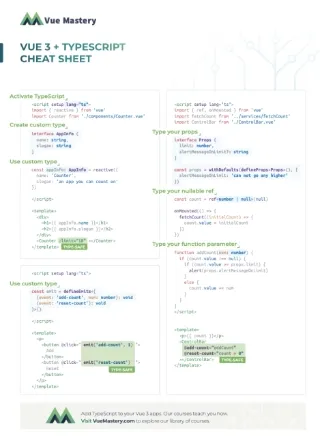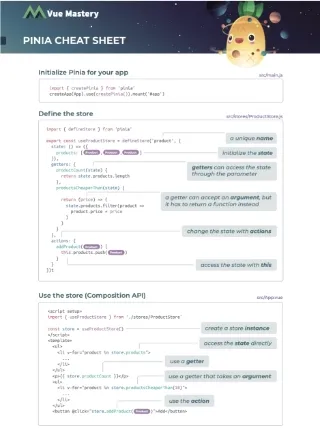If you’re starting your journey with Vue.js, you may be wondering what version to learn. On one hand, Vue 2 has been out for years and is already being used by companies all over the world. On the other hand, Vue 3 brings us a faster, more capable library at our fingertips. This article aims to help clarify which version of Vue you should start learning now. So if you’re wondering whether you should take our Vue 2 or Vue 3 courses, keep reading.
What’s your situation?
The reason we’re taking the time to write this post is because the answer is: it depends. It depends on whether you’re on a team that is using Vue 2 with no near-term plans for migrating to Vue 3. It depends on your timeline and whether your app requires dependencies that aren’t yet compatible with Vue 3. In situations like these, it might not make sense for you to learn the latest Vue 3 syntax and APIs if you won’t be putting them into practice in your daily work.
But if you’re in nearly any other situation, our recommendation is to start learning Vue 3. After all, it is now officially the default version of Vue.js. By using it, you’ll be future-proofing your skills to stay relevant with this cutting-edge technology. You’ll have access to all of the latest and greatest features of an entirely rewritten, more powerful and performant JavaScript framework. There’s a lot you can learn and create with Vue 3, and we’ve enjoyed recreating our previous Vue 2 courses and upgrading them to teach the new Vue 3 version.
In fact, we have an entire Vue 3 learning path that we developed with Vue Creator Evan You and the Core Team, and are constantly adding new courses and topics to it. So if you’re in a position to do so, we recommend going this route
But… they’re very similar
Having said all that, it’s important to understand that there aren’t many differences between the essential syntax of Vue 2 and Vue 3. Vue 3 is rewritten under the hood to operate more smoothly and powerfully, but using Vue 2 and Vue 3 is a very similar (and in many cases identical) process unless you’re using Vue 3 specific features and APIs, like the Composition API and script setup. With this in mind, whichever version you start with, you’ll quite easily be able to go from one version to the other and back again, if necessary.
If you’re ready to start mastering Vue with a library of guided premium courses, you can get 20% off for a year subscription to our learning platform. Begin your Vue.js learning journey here.


